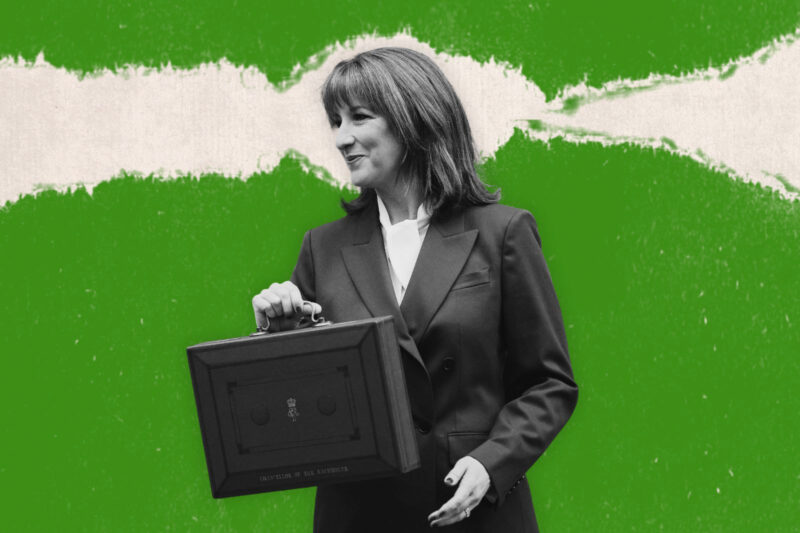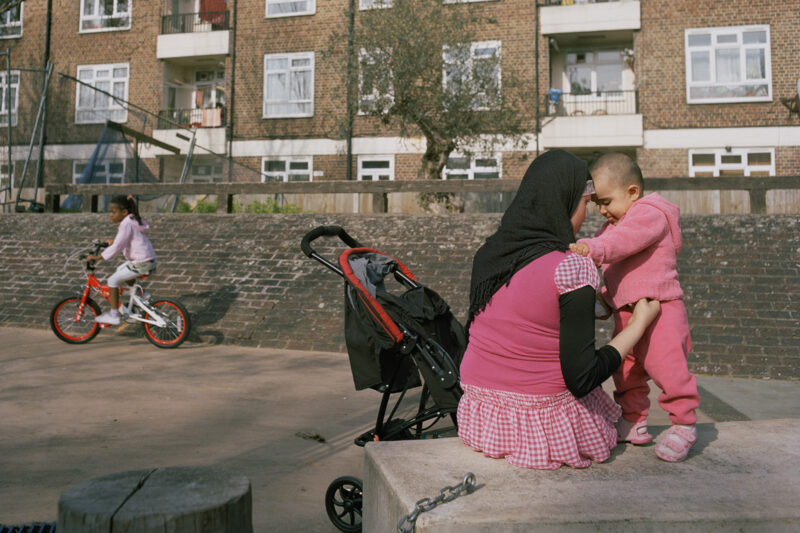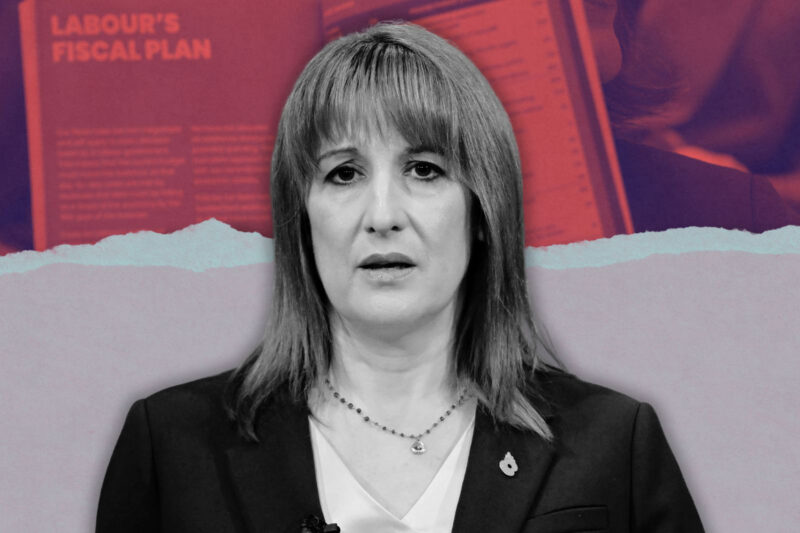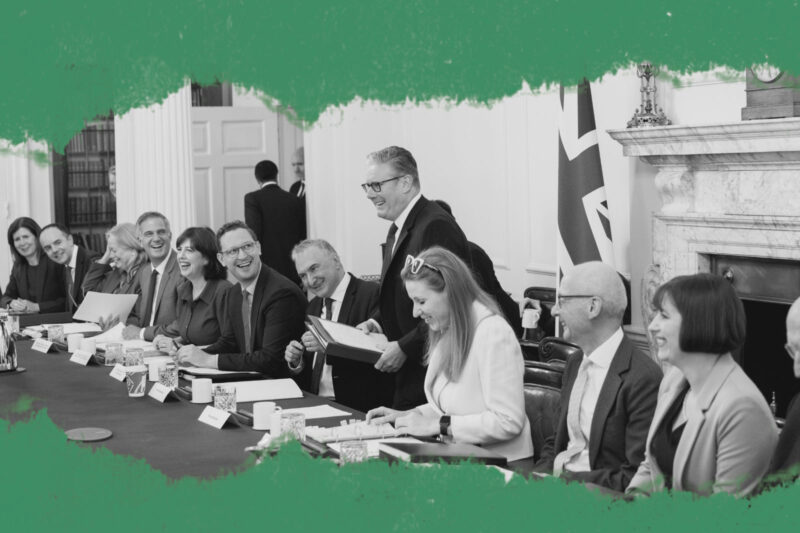Can Reeves really soften the government’s image with MPs and voters?

The chancellor hopes spending announcements will mitigate perceptions that Labour is running an austerity government
In the chaos of government, few weeks are ever truly make or break. But for Britain’s chancellor Rachel Reeves, the lead-up to the spending review on 11 June is beginning to feel like it might be one of them.
It is a huge moment not just for her but also for the majority of cabinet ministers, who are waiting with bated breath to see how much money their departments will be allocated for the next few years and thus what they’ll be able to do while in office.
In recent days, we have seen Reeves’s economic vision in action. A partial U-turn on winter fuel payments, new infrastructure pledges and looming cuts to departmental budgets, taken together, appear to be an attempt at exercising fiscal prudence and delivering on some of Labour’s pledges — all while a number of her own MPs are far from happy.
The Labour government scrapped the universal winter fuel payment upon entering office last year — a decision that affected more than 11m pensioners and caused a public outcry. For years, many politicians had privately told me they thought it was strange that rich pensioners would get a benefit from the state, but I was told that means testing the winter fuel allowance was too expensive and complicated — it was cheaper to make it universal.
Binning it caused a huge upset. One Labour MP explained to me: “We didn’t have it in the manifesto, so by doing this we upset so many voters.” Another described it as “poisonous” on the doorstep because “constituents felt misled”.
After what has felt like months of pressure from within her own party, Reeves announced a partial reinstatement of the scheme this week. Some pensioners will now receive payments this winter, though the benefit won’t be restored in full. Details remain vague, and we’re told the income threshold for eligibility will be revealed as part of Reeves’s spending review next week.
But, politically, the damage may already be done, and the U-turn itself hasn’t pleased everyone. Some Labour MPs feel the reversal hasn’t gone far enough, while opposition parties are hammering the government for what they call policy inconsistency. “Is this competence?” asked one Conservative shadow minister (rhetorically) when I asked them what they thought.
Insiders say the Treasury has been making a deliberate effort to shift the narrative amid concerns that Labour will be seen as running an austerity-style government. Reeves this week unveiled a £15.6bn package for transport infrastructure projects outside London. It’s part of a broader capital investment strategy designed to address long-standing regional disparities and stimulate economic growth outside the M25.
Projects range from metro upgrades in Greater Manchester and the West Midlands to a long-awaited mass transit system for West Yorkshire. Progressive thinktank the Institute for Public Policy Research (IPPR) tells me that transport spending per head has been £2,500 lower in the north of England than in London over the last decade. This won’t immediately close that gap, but it is, experts including the IPPR tell me, a huge step in the right direction.
The hope, I’m told, is to reframe the Labour government’s economic vision as a long-term investment plan, rather than a short-term programme of austerity. But privately, ministers admit the current battle is still over day-to-day departmental budgets. “We’re looking at every line of spending,” one cabinet minister told me. “Everything is under review.”
Security minister Dan Jarvis was more diplomatic when I caught up with him this week, saying that the Home Office was “making the case” for the value of its programmes. But behind the scenes, police chiefs are so alarmed at potential funding cuts that they’ve already written to the prime minister with a stark warning about the possible consequences of cuts to their budgets.
The underlying problem is that Reeves is increasingly boxed in. Her self-imposed fiscal rules require all day-to-day spending to be funded through tax revenue and, with the government having pledged not to raise income tax, VAT or national insurance, the options are severely limited.
“It’s hard to see how the numbers add up,” one Labour MP admitted to me, pointing out the government’s commitments to increase defence and health spending. But economists I’ve spoken to do think long-term capital investment — especially in transport and housing — could spark growth, which would reap huge rewards for the economy. This is what the Labour government will be pinning its hopes on.
Reeves, for her part, remains visibly committed to a model of government that is fiscally restrained and doesn’t spook the markets. But given Labour’s claims of being a “mission-driven government”, this spending review will be a big test. The stakes aren’t just fiscal: they’re about credibility, momentum and trust, and whether Labour can convince the country it really has the answers.
Shehab Khan is an award-winning presenter and political correspondent for ITV News.
 Newsletter
Newsletter













